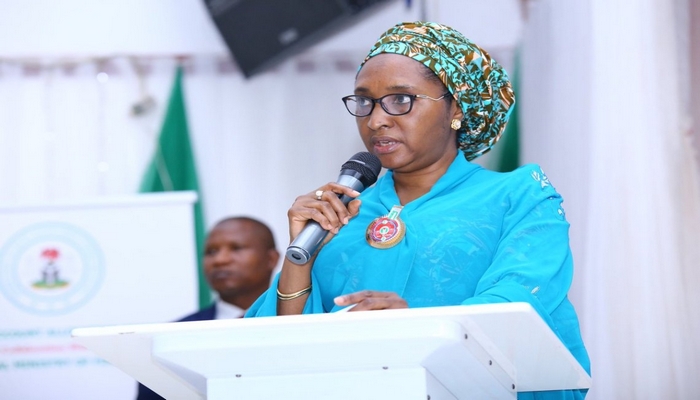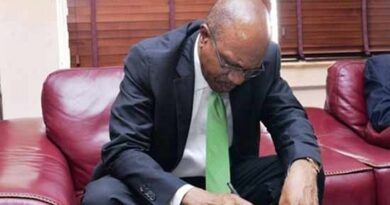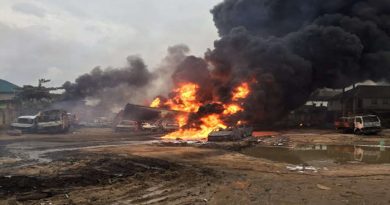Recession: PDP advises FG to allow free market economy
The Peoples Democratic Party (PDP) has advised President Muhammadu Buhari to permit a free market economy that will allow Nigerians actively participate in the economic space to boost productive sectors.
Mr Kola Ologbondiyan, PDP’s National Publicity Secretary, in a statement in Abuja on Sunday said this would bring Nigeria’s economy back from recession.
Ologbondiyan urged the government to bring in more competent, transparent and honest hands to effectively manage the nation’s economy, saying, this was the only way to save the economy.
The spokesperson attributed the economic recession to restrictive trade policies, foreign exchange controls and monetary policies that impeded growth.
According to him, these policies have led to an over-bloated public sector that encourages waste and corruption, looting and insecurity, which has destroyed economic activities in most parts of the country.
He also listed lack of access to incentives, high taxes and levies as some of the factors that affected domestic production and competiveness, investors’ confidence and foreign direct investment, leading to the economic contraction.
He said presently, no fewer than 60 million hard working Nigerians had been affected by economic policies, including protocols and high taxes.
He noted that insecurity had also led to closure of businesses, with millions of farmers abandoning their farmlands, while commercial activities on Nigeria’s trade corridors had been destroyed.
“Besides, our party had cautioned against the increase in fuel price, which has impacted negatively on the disposable incomes of Nigerians.
“We however, insist that poor management and not the high cost of crude oil in the international market is responsible for high costs of domestic price of fuel,’’ he said.
Ologbondiyan also said the negative impact of the closure of Nigeria borders, without encouraging local production, and its effect on food production was a contributing factor.
He urged the government to lift its restrictive policies, reduce taxes, state imposed prices and get more competent hands to tackle insecurity. (NAN)




